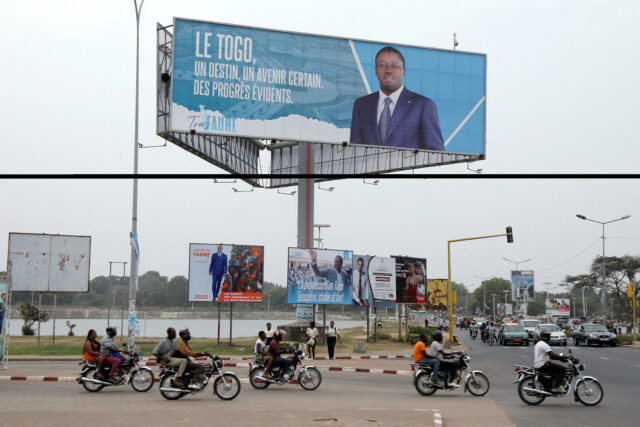Togo’s President Faure Gnassingbe has signed a new controversial new constitution that has banned presidential elections. The new constitution states that Parliament will now choose the president, a move that comes after the election commission announced that President Gnassingbe’s ruling UNIR party had won 108 out of the 113 seats in the recently held April 29 elections.
The new amendments mean that the president will no longer be elected by popular vote, but by members of parliament. The role itself will now be largely ceremonial, limited to one four-year term. A new, all-powerful, prime minister to be appointed by the president for a six-year term will step in instead. Critics of the move say that this means that Gnassingbe, whose term as president ends in 2025, can then look to get himself nominated as prime minister and hold on to office till 2033.
The Opposition parties have called the constitutional changes a manoeuvre to allow Gnassingbe to rule for life and extend his family’s six-decade long rule over the country. The president was first elected in 2005 to succeed his father, Gnassingbe Eyadema, who took office in a coup in 1967.
Togo has seen many protests against Gnassingbe’s rule but the numerous Opposition parties have been unable to unite. Few also trust the Commission Electorale Nationale Independante (CENI) which was criticised for declaring a disputed high voter turnout in the 2018 elections, even in opposition strongholds where the vote had been boycotted. Then, government crackdowns on protests and the lack of independent observers for the country’s elections have ensured that Gnassingbe’s hold on power remains.
(With inputs from Reuters & other agencies)
Traveller, bibliophile and wordsmith with a yen for international relations. A journalist and budding author of short fiction, life is a daily struggle to uncover the latest breaking story while attempting to be Hemingway in the self-same time. Focussed especially on Europe and West Asia, discussing Brexit, the Iran crisis and all matters related is a passion that endures to this day. Believes firmly that life without the written word is a life best not lived. That’s me, Ashwin Ahmad.





